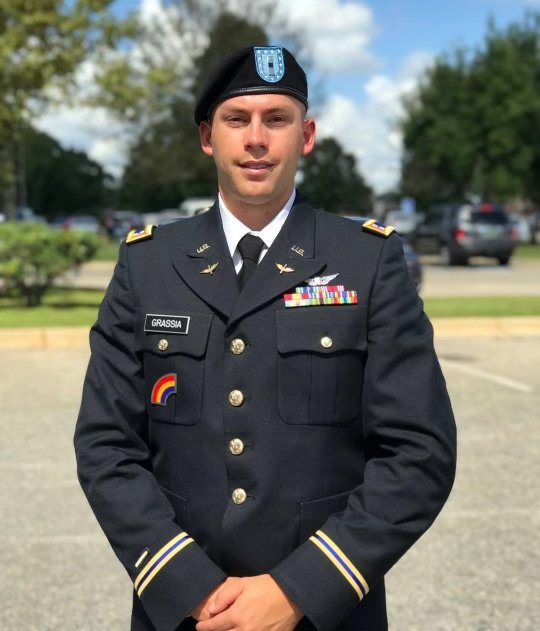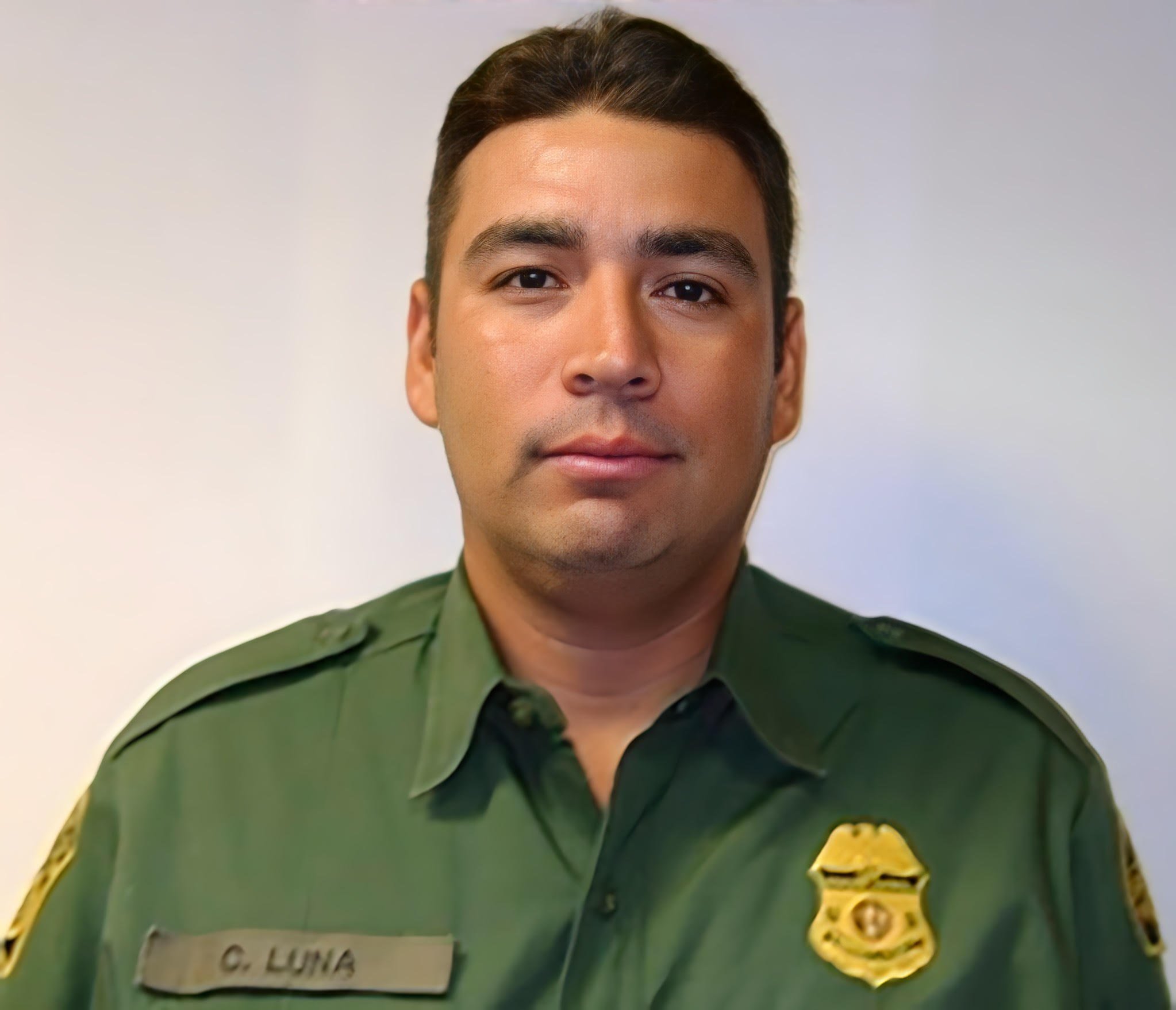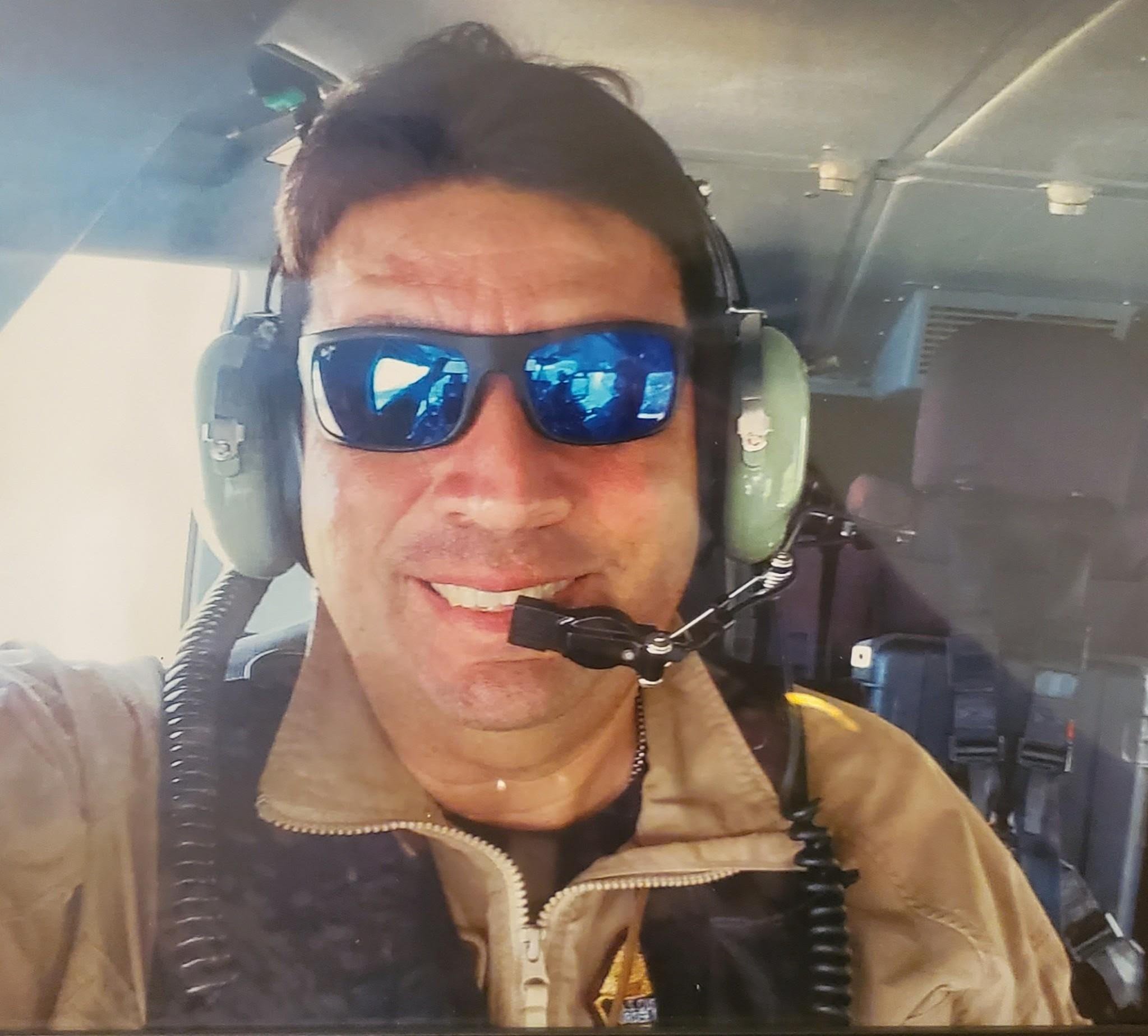 Image 1 of 2
Image 1 of 2

 Image 2 of 2
Image 2 of 2



Army Sprint Football Team Bracelet
Successful football programs are a tradition at the U.S. Military Academy. From West Point's hey day of the 1930s and 1940s right up to the modern era, Army has produced some of the finest football players and coaches in college football history. The Black Knights have three national championships, three Heisman Trophy winners, and 26 Hall of Fame members on their all-time roster.
However, there is another football squad on post, the sprint football squad, that can boast a list of accomplishments just as impressive as those of its more recognized heavyweight counterpart. The lightweight Black Knights, who celebrated the program's 50th anniversary last season, have racked up 250 wins and an .809 winning percentage since the program's inception in 1957. With 16 undefeated seasons, Army has won or shared the conference championship 30 times in its 50 years.
The Eastern Lightweight Football League - now known as the Collegiate Sprint Football League - was first started in 1934 by George E. Little of Rutgers University. The league's seven charter members included: Cornell, Lafayette, Rutgers, Pennsylvania, Princeton, Villanova and Yale.
The rules of sprint football are the same as varsity college football with a few exceptions. No team may hold workouts until three weeks prior to its first game, scouting of opponents is forbidden and players must meet maximum weight requirements. Four days before a game, all players must weigh in at 172.0 pounds and weigh in again two days before the game at 172.0 pounds. If players do not meet both standards, they are ineligible for that week's game. A player is not under a weight restriction once he has passed that week's weigh-in.
Yale and Lafayette disbanded their programs in 1942 and 1943, respectively, and play was halted during World War II (1943-45). In 1946, the U.S. Naval Academy joined the conference and dominated play until the Black Knights entered the league 11 years later.
In its first six years in the league, Army put together a 32-3-1 record winning four ELFL titles under legendary coach Eric Tipton. After suffering their only losing season in 1963, the Black Knights won 17 of their next 18 contests over the next three years along with capturing two more ELFL championships.
Army was the team of the decade during the 1970's, winning 49 games and seven ELFL titles. The Academy put together a string of 21 straight victories between 1972 and 1975, a school record that still stands today. The Black Knights won five straight ELFL titles and enjoyed three consecutive undefeated seasons. The 1970s also saw the "Tipton Era" come to an end after the 1976 season. "Tip" stepped down after 20 seasons with 104 victories and 13 league titles.
The 1980s saw more of the same in terms of championships. Army won or shared eight of the titles - the most championships of any school in any 10 - year span. Between 1986 and 1991 under coach Bob Thompson, the Black Knights won six straight league titles. Thompson finished with a career record of 64-14-2 and nine league crowns during his 12 years of coaching.
In the 1990s, Army again dominated the league, winning six championships. Gene McIntyre replaced Thompson in 1998 and continued the tradition of excellence established by his predecessors. McIntyre guided the Black Knights to three CSFL titles in his first eight years on the job while posting a 41-16 record during his tenure at West Point. Army's last league title came in 2003 when the Black Knights compiled a 5-1 record. Army authored back-to-back 4-3 marks in 2004 and 2005 to extend its streak of winning campaigns to 42 straight before finishing 3-3 in 2006.
The sprint football program at West Point has enabled cadets, who possess the talents to play division I football but lack the size, a chance to play football at the intercollegiate level while building friendships that last a lifetime. On many occasions, former players have returned to coach the lightweights while assigned to West Point, adding to the "family" atmosphere associated with Army's sprint football program.
Successful football programs are a tradition at the U.S. Military Academy. From West Point's hey day of the 1930s and 1940s right up to the modern era, Army has produced some of the finest football players and coaches in college football history. The Black Knights have three national championships, three Heisman Trophy winners, and 26 Hall of Fame members on their all-time roster.
However, there is another football squad on post, the sprint football squad, that can boast a list of accomplishments just as impressive as those of its more recognized heavyweight counterpart. The lightweight Black Knights, who celebrated the program's 50th anniversary last season, have racked up 250 wins and an .809 winning percentage since the program's inception in 1957. With 16 undefeated seasons, Army has won or shared the conference championship 30 times in its 50 years.
The Eastern Lightweight Football League - now known as the Collegiate Sprint Football League - was first started in 1934 by George E. Little of Rutgers University. The league's seven charter members included: Cornell, Lafayette, Rutgers, Pennsylvania, Princeton, Villanova and Yale.
The rules of sprint football are the same as varsity college football with a few exceptions. No team may hold workouts until three weeks prior to its first game, scouting of opponents is forbidden and players must meet maximum weight requirements. Four days before a game, all players must weigh in at 172.0 pounds and weigh in again two days before the game at 172.0 pounds. If players do not meet both standards, they are ineligible for that week's game. A player is not under a weight restriction once he has passed that week's weigh-in.
Yale and Lafayette disbanded their programs in 1942 and 1943, respectively, and play was halted during World War II (1943-45). In 1946, the U.S. Naval Academy joined the conference and dominated play until the Black Knights entered the league 11 years later.
In its first six years in the league, Army put together a 32-3-1 record winning four ELFL titles under legendary coach Eric Tipton. After suffering their only losing season in 1963, the Black Knights won 17 of their next 18 contests over the next three years along with capturing two more ELFL championships.
Army was the team of the decade during the 1970's, winning 49 games and seven ELFL titles. The Academy put together a string of 21 straight victories between 1972 and 1975, a school record that still stands today. The Black Knights won five straight ELFL titles and enjoyed three consecutive undefeated seasons. The 1970s also saw the "Tipton Era" come to an end after the 1976 season. "Tip" stepped down after 20 seasons with 104 victories and 13 league titles.
The 1980s saw more of the same in terms of championships. Army won or shared eight of the titles - the most championships of any school in any 10 - year span. Between 1986 and 1991 under coach Bob Thompson, the Black Knights won six straight league titles. Thompson finished with a career record of 64-14-2 and nine league crowns during his 12 years of coaching.
In the 1990s, Army again dominated the league, winning six championships. Gene McIntyre replaced Thompson in 1998 and continued the tradition of excellence established by his predecessors. McIntyre guided the Black Knights to three CSFL titles in his first eight years on the job while posting a 41-16 record during his tenure at West Point. Army's last league title came in 2003 when the Black Knights compiled a 5-1 record. Army authored back-to-back 4-3 marks in 2004 and 2005 to extend its streak of winning campaigns to 42 straight before finishing 3-3 in 2006.
The sprint football program at West Point has enabled cadets, who possess the talents to play division I football but lack the size, a chance to play football at the intercollegiate level while building friendships that last a lifetime. On many occasions, former players have returned to coach the lightweights while assigned to West Point, adding to the "family" atmosphere associated with Army's sprint football program.
Successful football programs are a tradition at the U.S. Military Academy. From West Point's hey day of the 1930s and 1940s right up to the modern era, Army has produced some of the finest football players and coaches in college football history. The Black Knights have three national championships, three Heisman Trophy winners, and 26 Hall of Fame members on their all-time roster.
However, there is another football squad on post, the sprint football squad, that can boast a list of accomplishments just as impressive as those of its more recognized heavyweight counterpart. The lightweight Black Knights, who celebrated the program's 50th anniversary last season, have racked up 250 wins and an .809 winning percentage since the program's inception in 1957. With 16 undefeated seasons, Army has won or shared the conference championship 30 times in its 50 years.
The Eastern Lightweight Football League - now known as the Collegiate Sprint Football League - was first started in 1934 by George E. Little of Rutgers University. The league's seven charter members included: Cornell, Lafayette, Rutgers, Pennsylvania, Princeton, Villanova and Yale.
The rules of sprint football are the same as varsity college football with a few exceptions. No team may hold workouts until three weeks prior to its first game, scouting of opponents is forbidden and players must meet maximum weight requirements. Four days before a game, all players must weigh in at 172.0 pounds and weigh in again two days before the game at 172.0 pounds. If players do not meet both standards, they are ineligible for that week's game. A player is not under a weight restriction once he has passed that week's weigh-in.
Yale and Lafayette disbanded their programs in 1942 and 1943, respectively, and play was halted during World War II (1943-45). In 1946, the U.S. Naval Academy joined the conference and dominated play until the Black Knights entered the league 11 years later.
In its first six years in the league, Army put together a 32-3-1 record winning four ELFL titles under legendary coach Eric Tipton. After suffering their only losing season in 1963, the Black Knights won 17 of their next 18 contests over the next three years along with capturing two more ELFL championships.
Army was the team of the decade during the 1970's, winning 49 games and seven ELFL titles. The Academy put together a string of 21 straight victories between 1972 and 1975, a school record that still stands today. The Black Knights won five straight ELFL titles and enjoyed three consecutive undefeated seasons. The 1970s also saw the "Tipton Era" come to an end after the 1976 season. "Tip" stepped down after 20 seasons with 104 victories and 13 league titles.
The 1980s saw more of the same in terms of championships. Army won or shared eight of the titles - the most championships of any school in any 10 - year span. Between 1986 and 1991 under coach Bob Thompson, the Black Knights won six straight league titles. Thompson finished with a career record of 64-14-2 and nine league crowns during his 12 years of coaching.
In the 1990s, Army again dominated the league, winning six championships. Gene McIntyre replaced Thompson in 1998 and continued the tradition of excellence established by his predecessors. McIntyre guided the Black Knights to three CSFL titles in his first eight years on the job while posting a 41-16 record during his tenure at West Point. Army's last league title came in 2003 when the Black Knights compiled a 5-1 record. Army authored back-to-back 4-3 marks in 2004 and 2005 to extend its streak of winning campaigns to 42 straight before finishing 3-3 in 2006.
The sprint football program at West Point has enabled cadets, who possess the talents to play division I football but lack the size, a chance to play football at the intercollegiate level while building friendships that last a lifetime. On many occasions, former players have returned to coach the lightweights while assigned to West Point, adding to the "family" atmosphere associated with Army's sprint football program.















